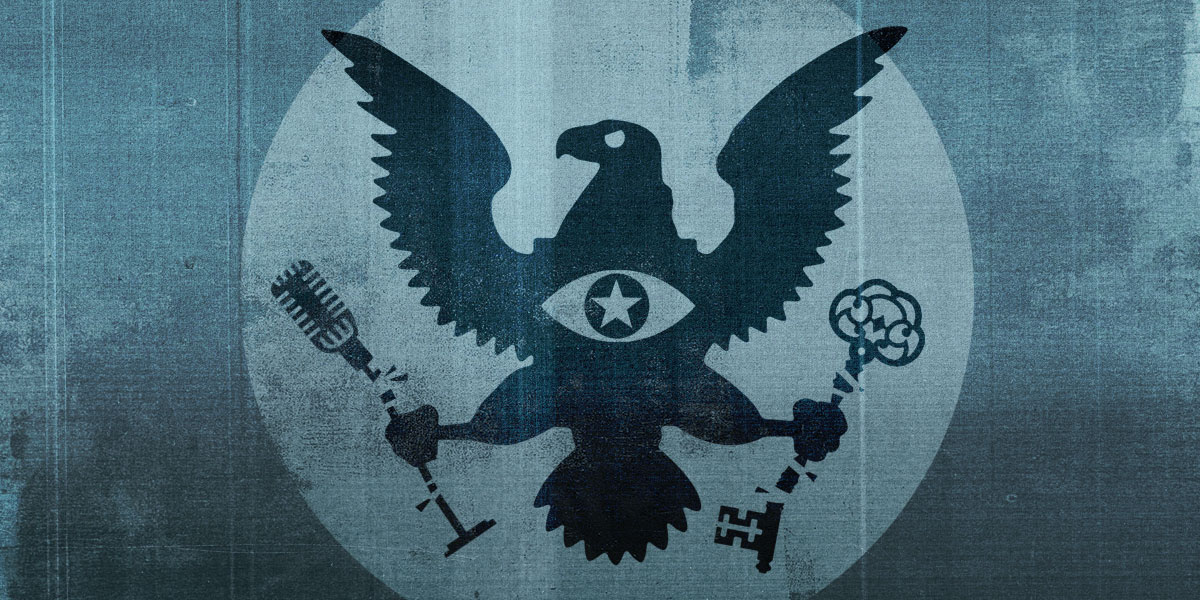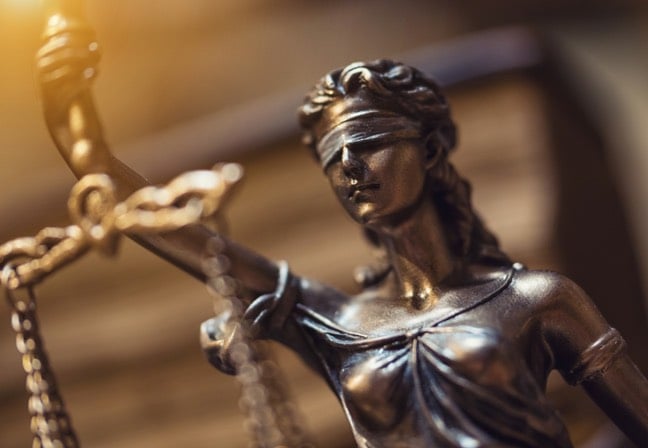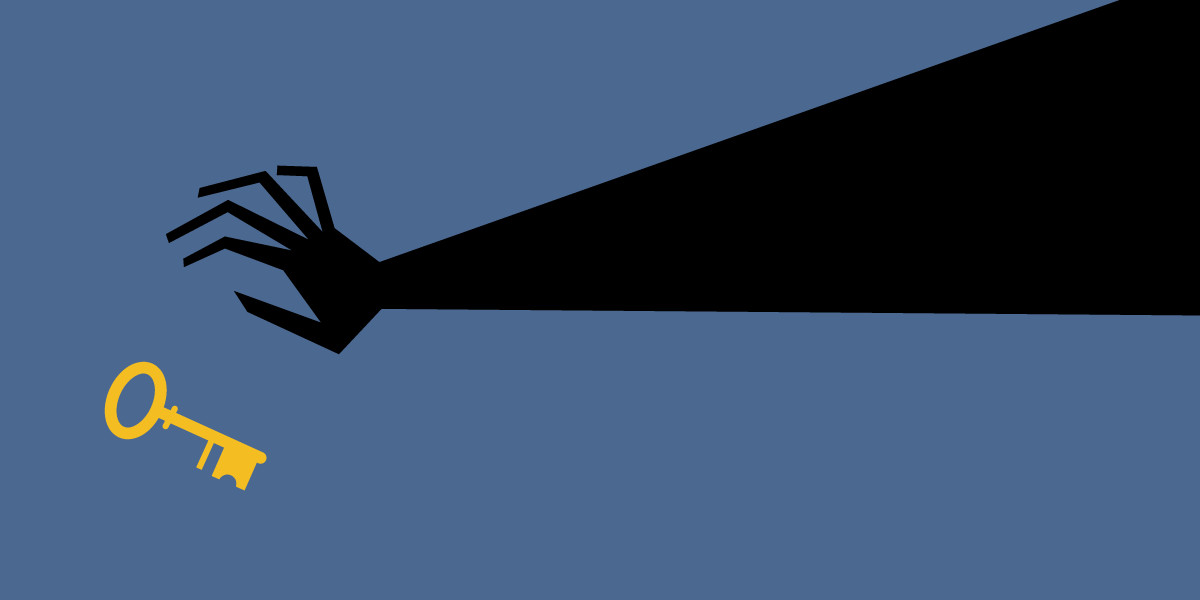CastIronHits
Slightly Crispy
I haven't seen any discussion about these bills moving through the Senate. They could greatly impact the discussions had on FC as well as other social platforms.


 www.eff.org
www.eff.org

 www.theregister.com
www.theregister.com


 www.eff.org
www.eff.org

S.3398 - 116th Congress (2019-2020): EARN IT Act of 2020
Summary of S.3398 - 116th Congress (2019-2020): EARN IT Act of 2020
www.congress.gov

The New EARN IT Bill Still Threatens Encryption and Free Speech
The day before a committee debate and vote on the EARN IT Act, the bill’s sponsors replaced their bill with an amended version. Here’s their new idea: instead of giving a 19-person federal commission, dominated by law enforcement, the power to regulate the Internet, the bill now effectively gives...

You may be distracted by the pandemic but FYI: US Senate panel OK's backdoors-by-the-backdoor EARN IT Act
Proposed Section 230 shake-up passes committee stage with amendments

S.4051 - 116th Congress (2019-2020): Lawful Access to Encrypted Data Act
Summary of S.4051 - 116th Congress (2019-2020): Lawful Access to Encrypted Data Act
www.congress.gov

The Senate’s New Anti-Encryption Bill Is Even Worse Than EARN IT, and That’s Saying Something
Right now, we rely on secure technologies like never before—to cope with the pandemic, to organize and march in the streets, and much more. Yet, now is the moment some members of the Senate Judiciary and Intelligence Committees have chosen to try to effectively outlaw encryption in those very...
There’s Now an Even Worse Anti-Encryption Bill Than EARN IT. That Doesn’t Make the EARN IT Bill OK.
On Tuesday, June 23, Senators Graham (R-SC), Cotton (R-AR), and Blackburn (R-TN) introduced a bill that is a full-frontal nuclear assault on encryption in the United States. You can find the bill text here. It's been formally introduced as Senate bill 4051, which you can track here. (Other...
cyberlaw.stanford.edu


